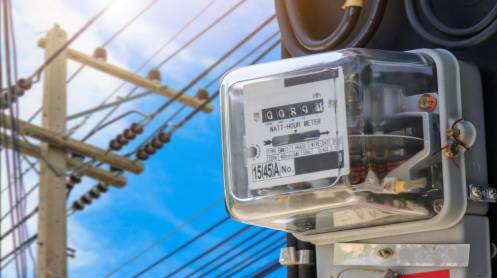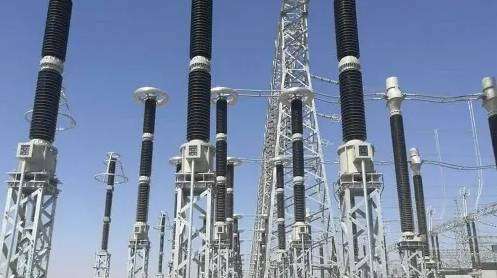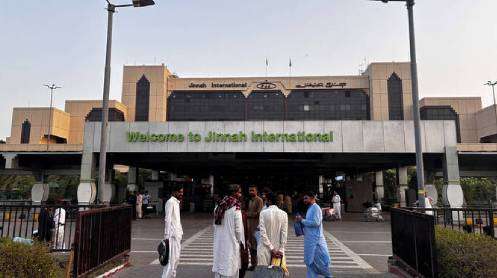ISLAMABAD: The All Pakistan Textile Mills Association (APTMA), the country’s largest export body, has strongly criticized the government’s plan to expand power generation capacity by 50 percent to 64,000 megawatts under the Indicative Generation Capacity Expansion Plan (IGCEP 2025-35), calling it “unrealistic” and financially unsustainable.
In detailed objections submitted to the National Electric Power Regulatory Authority (Nepra), APTMA said the proposed plan would require nearly $50 billion in investments and lock Pakistan into a cycle of “high-cost power.” The association argued that the IGCEP relied on a flawed demand forecasting model that disproportionately linked grid electricity demand to GDP and population growth, while ignoring the rapid rise of alternative energy sources such as captive power, rooftop solar, gas-fired boilers, and solar water heaters.
APTMA warned that this methodology systematically overestimates demand, leading to excessive generation capacity, inflated capacity payments, and stranded assets. It noted that capacity payments have already surged from Rs2 per unit to Rs17.06 per unit over the past decade, consuming more than half of the consumer tariff and accumulating over Rs6 trillion in costs.
“The flaw is monumental because if the foundation is faulty, the entire edifice of planning collapses,” APTMA said, urging that affordability, not megawatt targets, must become the central principle of energy planning. It demanded that no new generation projects be approved until capacity payment burdens fall below Rs5 per unit.
Highlighting stagnant demand, declining industrial consumption, and a sharp fall in agricultural electricity use as farmers switch to diesel and solar, APTMA warned that the IGCEP’s projections of nearly 20,000 MW in additional capacity would worsen overcapacity, escalate circular debt, and further burden consumers with unaffordable tariffs.







